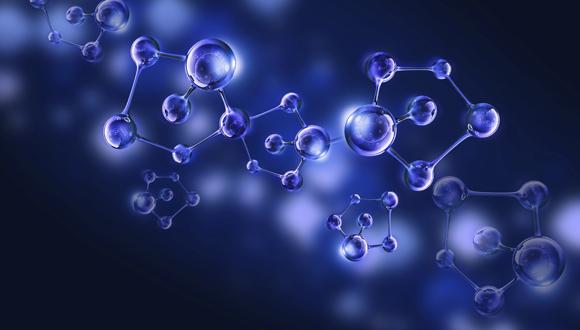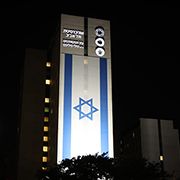Event: Distinguished Lecturers in Chemistry
Come see Prof. Joshua Jortner talk about "The Art of Building Small: from molecular switches to molecular motors"
About the presentation
In our body a fascinating collection of ingenious catalysts, molecular motors and machines make it possible that our cells divide, that we can use our muscles and that the consumption of ATP can be used to generate force and mobility. Integrated catalytic cycles, molecular information storage and retrieval, triggering and signal transduction and repair mechanisms are among the challenges ahead in the design of complex artificial molecular systems. Chemical systems ultimately require control over structure, organization and function of multi-component molecular assemblies at different hierarchical levels. Major challenges are the design of kinetic driven processes and control over translational and rotary motion.
In this presentation efforts to develop synthetic systems, in which several structures and functions are integrated, will be discussed. Focus is on control of the dynamics of complex molecular systems as well as triggering and assembly processes. We design molecular systems such as switches and motors in which molecular dynamics is coupled to specific functions.
Responsive behaviour will be illustrated in molecular systems for information storage, responsive self-assembly, photopharmacology and membrane transport .The design, synthesis and functioning of rotary molecular motors will be presented. In particular use of rotary motors as multistage switches, acceleration of rotary motors, transmission and control of function is described. Finally autonomous motion and assembly of motors on surfaces is illustrated.





